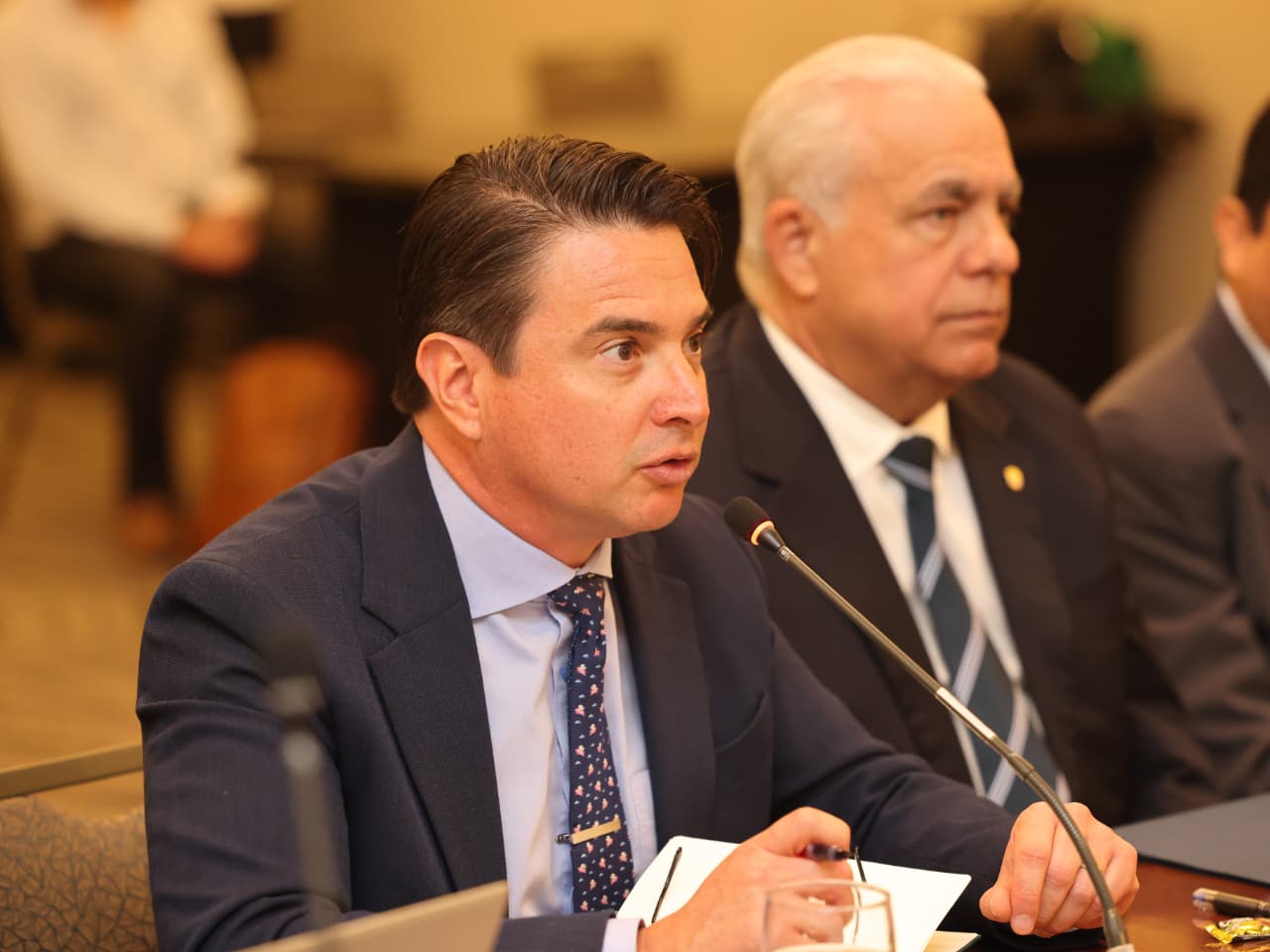On September 23 and 24, the 1st Meeting of the Standing Group of Experts on Transboundary Swine Diseases (SGE-TSD) of the GF-TADs of the Americas was held in person.
Considering the global epidemiological context of African swine fever (ASF) and the regional efforts to control to control this disease, as well as Classical swine fever (CSF), the first meeting of the Standing Group of Experts on Transboundary Swine Diseases (SGE-TSD) was held. This group was formed through the merger of two previous initiatives — the SGE-ASF and the SGE-CSF — with the aim of optimizing resources and strengthening regional cooperation in prevention, preparedness, and response to these diseases.
The creation of the SGE-TSD responds to the need for a more integrated approach to addressing the sanitary risks threatening swine production in the Americas, particularly in the context of increasing globalization of trade and travel. Moreover, current efforts to enhance epidemiological surveillance and achieve CSF-free status are recognized as key contributions to strengthening regional capacities to face ASF-related risks.
Reactivate the group’s activities following its recent merger, reinforcing its role as a regional technical platform for addressing transboundary swine diseases.
Update the epidemiological information on African Swine Fever (ASF) and Classical Swine Fever (CSF), based on the most recent data available both regionally and globally.
Review and strengthen control and biosecurity measures, with a particular focus on border areas, as part of prevention and containment strategies.
Define strategic guidelines to enhance the capacity of countries and organizations in risk management, aligned with the Global Initiative for the Control of ASF.
Establish and consolidate coordination channels among GF-TADs members, promoting technical exchange, cooperation, and joint response to sanitary emergencies.
The meeting was attended by experts designated by the countries of Brazil, Canada, Chile, Colombia, Cuba, the United States, Guatemala and Jamaica, as well as Panama in its capacity as host country. Representatives from international, regional, and subregional organizations, along with members of the private sector, also participated.
More information:
PDF - 1.04MB
PDF - 7.01MB
PDF - 2.71MB
PDF - 372.91KB
PDF - 5.86MB
PDF - 1.00MB

